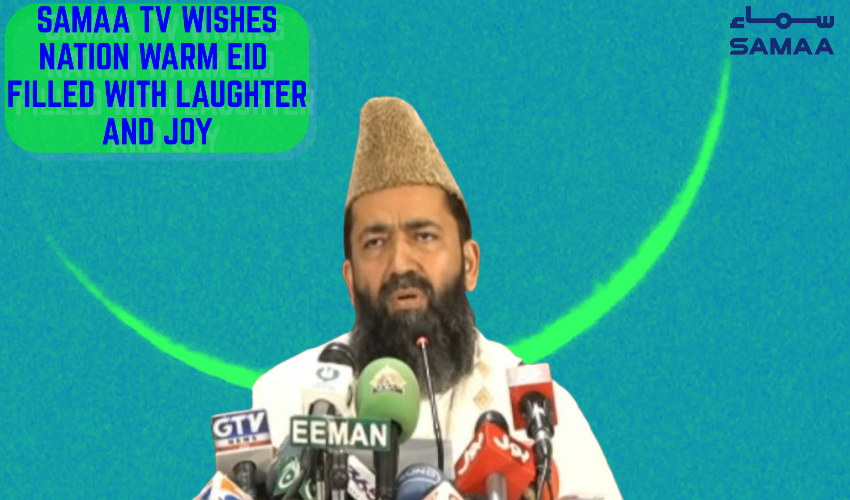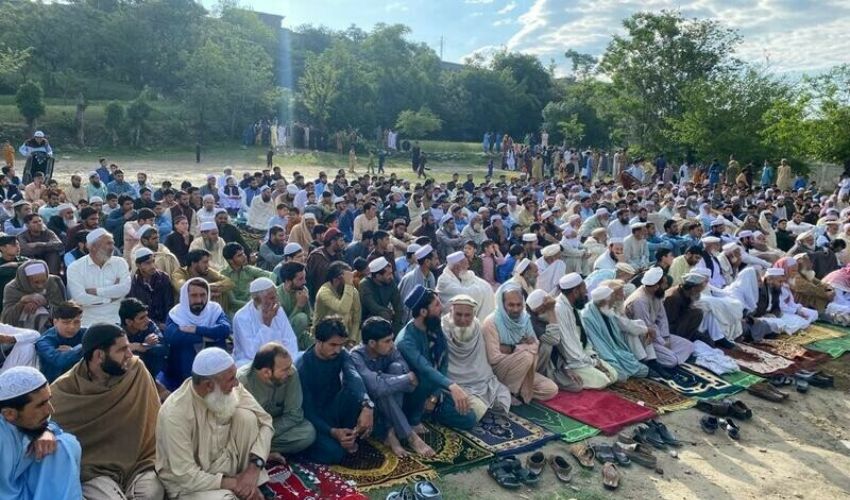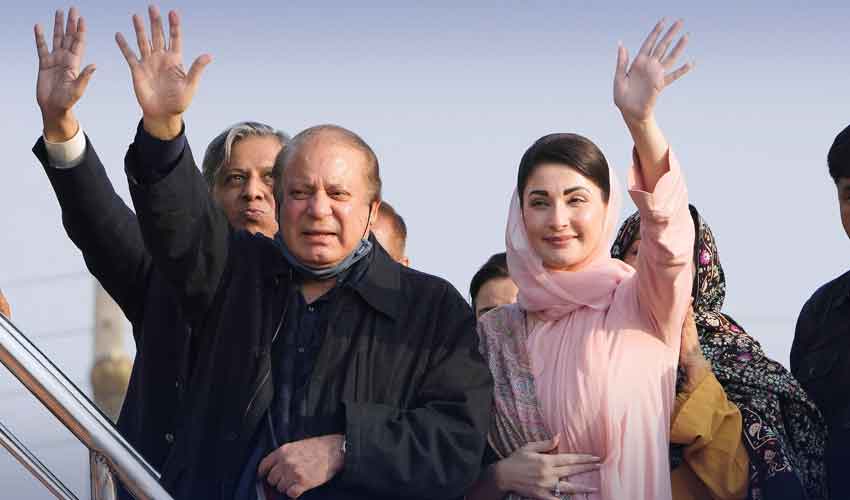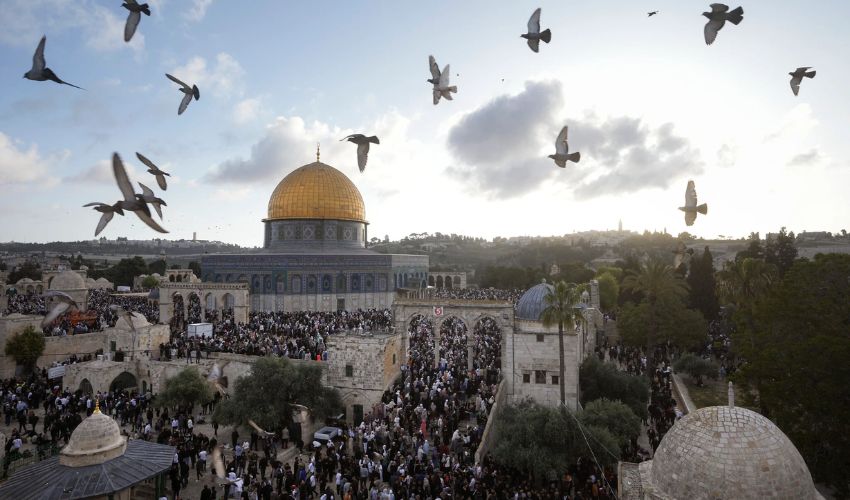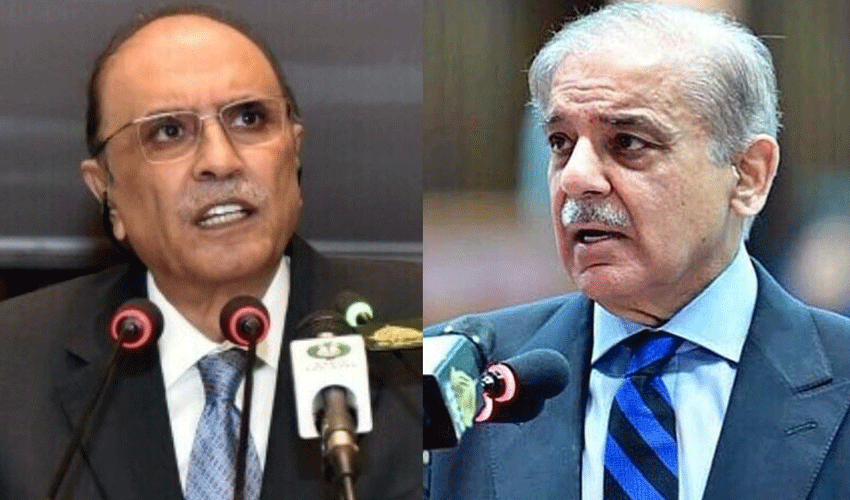Amidst the grim recollections of the Indo-Pak war in 1971, a narrative unfolds, shedding light on the negative role of India in supporting terrorist organizations and perpetrating atrocities on the Bihari community.
Mumtaz Ansari, a member of the Bihari community, shares a firsthand account of the traumatic events during that period.
Ansari contends that India, from the onset, played a negative role, utilizing groups like the Mukti Bahini to launch attacks against patriotic Pakistanis. He emphasizes the unity of the Bengali and Bihari communities in standing with Pakistan during the war, recognizing the sacrifices made by the Pakistan Army to protect them.
According to Ansari, Mukti Bahini terrorists subjected Biharis to unimaginable atrocities, compelling them to chant slogans contrary to their allegiance. He recounts instances where burning coals were forced into the mouths of Biharis who refused to comply.
In contrast to India's accusations against the Pakistan Army, Ansari asserts that the army acted in an organized manner, safeguarding the honor and lives of the Bihari people. He claims to be an eyewitness to the protection provided by the Pakistani soldiers.
Ansari accuses Mukti Bahini of pursuing India's agenda and suggests that India, unable to compete directly with Pakistan, seeks to influence the younger generation through media. He denounces the alleged publication of false material by India about Pakistani soldiers.
Despite the historical grievances, Ansari emphasizes the unwavering support of the Bihari community for the Pakistan Army. He concludes by asserting that they stood with the army in the past, stand with it today, and will continue to stand with it forever.







